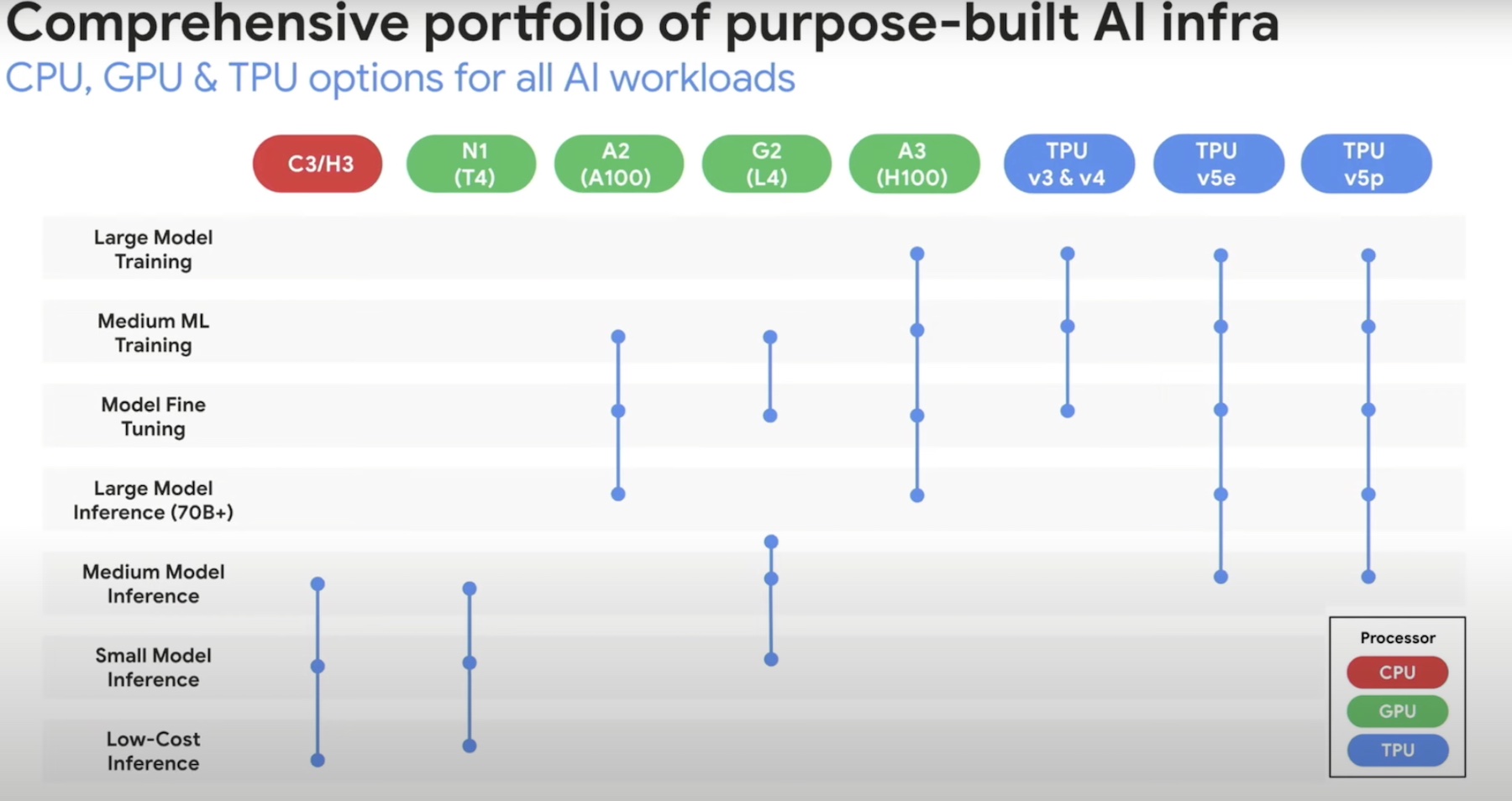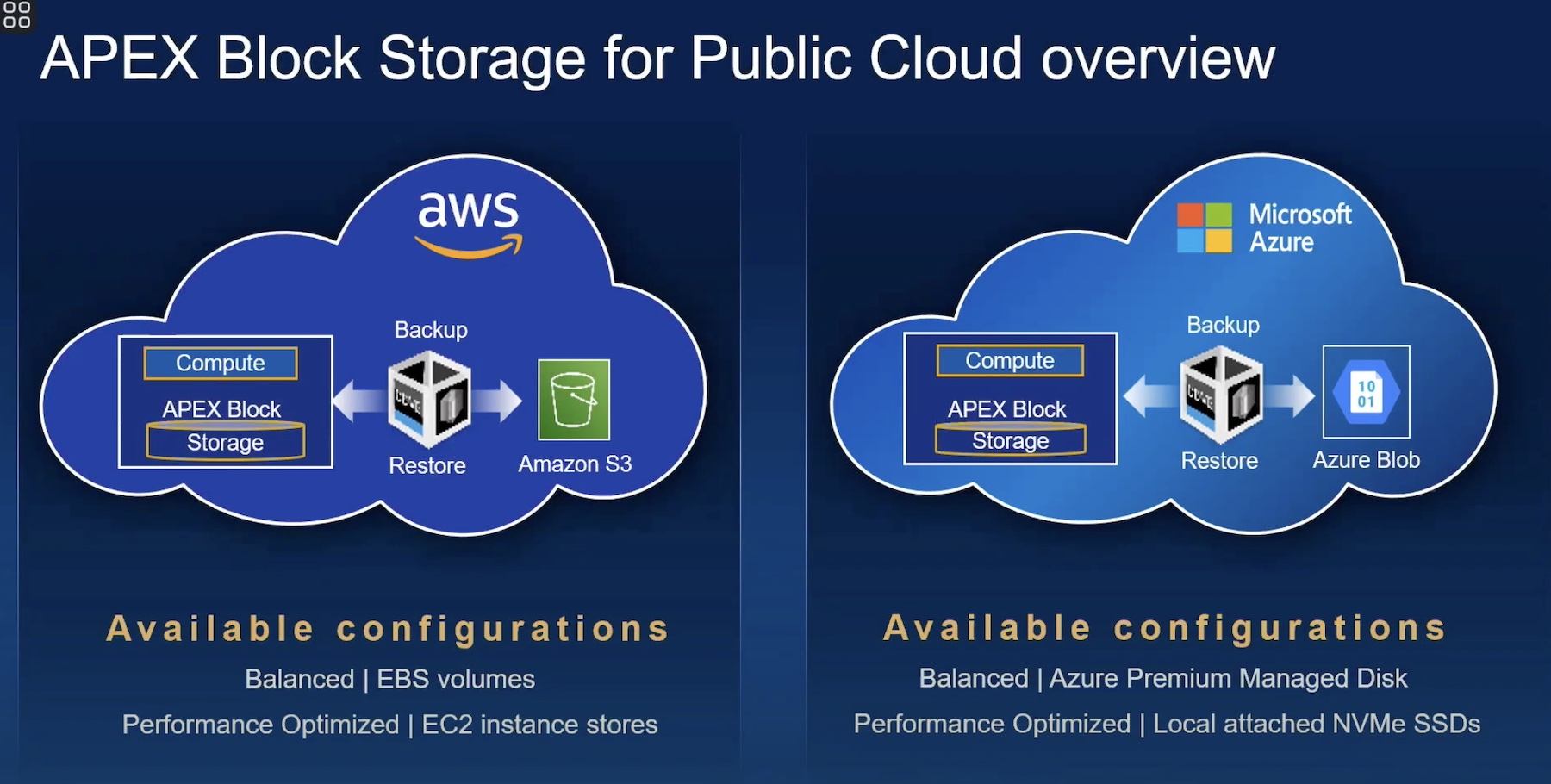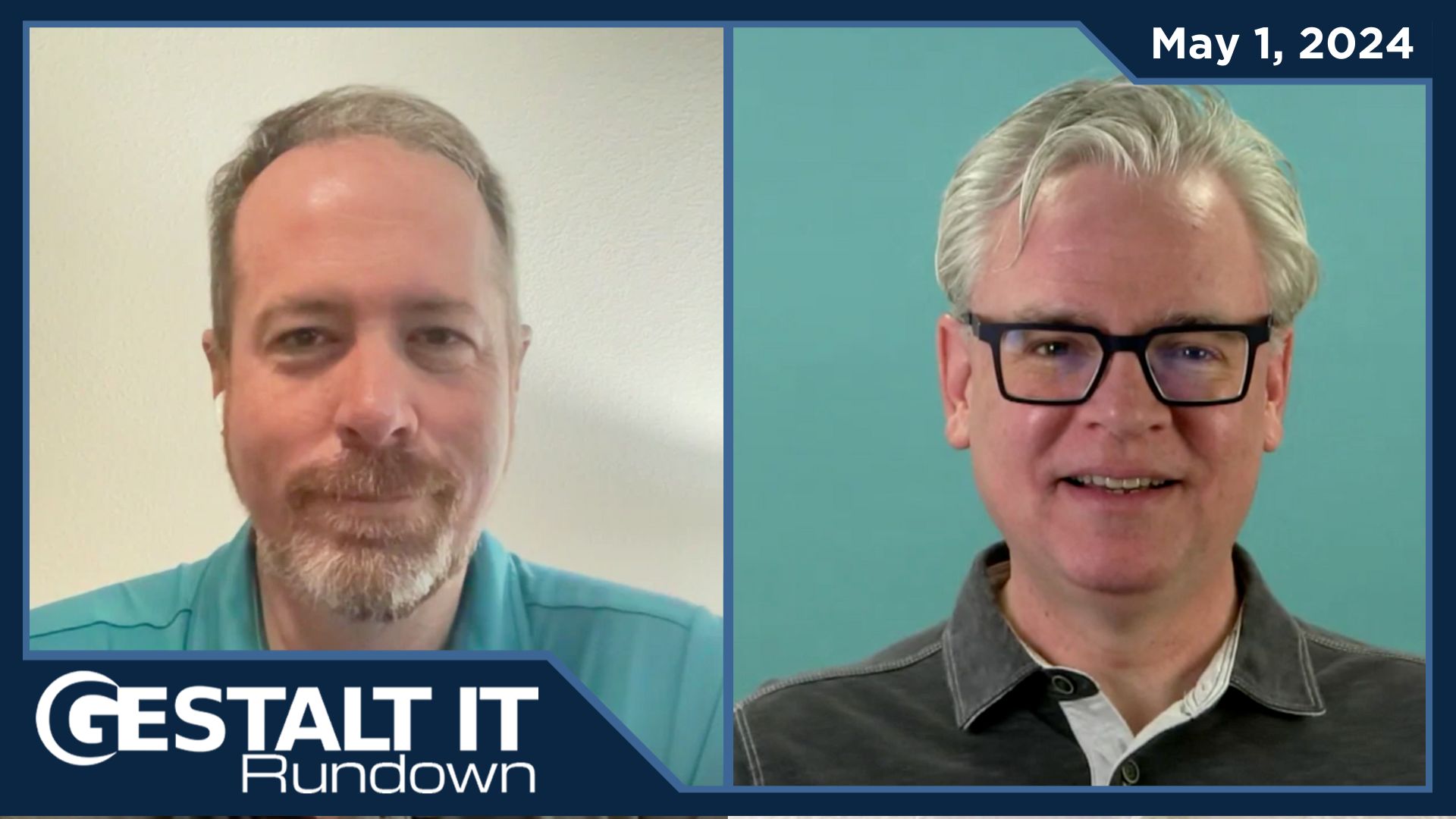I’ve long suspected that as the arguments about Net Neutrality become more nuanced, it will be very easy for many organizations and companies to claim to support the principal, while fundamentally being at odds with each other. So we are seeing a FCC administration that isn’t strictly against Net Neutrality, but is against the Title II regulations put in place by their predecessors. The FCC now advocates that increasing market competition is the best way to ensure Net Neutrality. Market forces vs government regulation – we’ve never seen this dichotomy before…
As far as this piece by Eric Shanks, it shows the perils to public cloud providers of a non-neutral internet. But even in this relatively easy to understand example of the perils to public clouds, we still see some murkiness. I might look at Eric’s piece and determine that the only way to ensure an equal playing field for public cloud providers is to make it illegal for ISPs to artificially throttle performance based on a pay-to-play scheme. But someone else might just argue that this wouldn’t be a problem if there was a truly competitive ISP market.
Net Neutrality used to be a way to say don’t screw up the Internet. But increasingly, I think it needs a more refined, but still just as easily understood message.
Also, maybe we shouldn’t screw up the public cloud…
Eric Shanks comments:
Assume your ISP wants AWS and Azure to pay them money just to provide them unrestricted access to their services. One of the cloud vendors might refuse to pay that fee and the other might gladly pay them to keep them from preventing performance bottlenecks.
In this example, assume that AWS didn’t pay the ISP’s fees while Azure did. (Again, all of this is hypothetical and I’m not saying that this is what will happen, but it could without Net Neutrality)
Read more at: Will Killing Net Neutrality End the Public Cloud?




